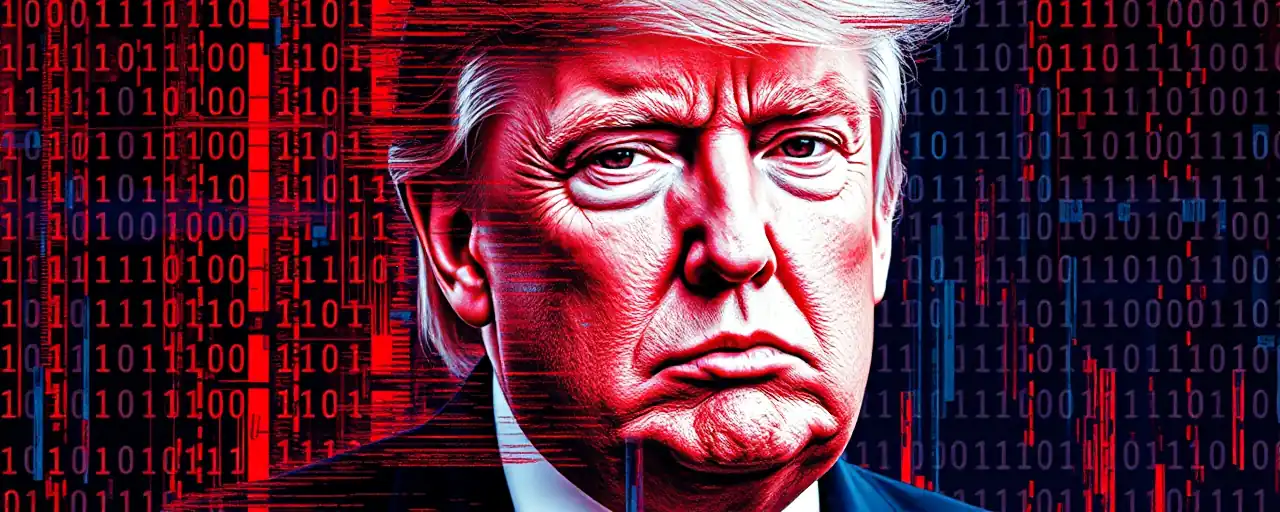A Presidential Pause That Echoes Betrayal
On April 4, 2025, President Donald Trump signed an executive order that feels less like a bold stance and more like a timid retreat. By extending the enforcement delay of the Protecting Americans from Foreign Adversary Controlled Applications Act (PAFACA) to June 19, 2025, he’s granted TikTok, a platform shadowed by national security concerns, another reprieve. This isn’t just a bureaucratic shuffle; it’s a signal to millions of Americans that their data privacy might not matter as much as the administration claims. For a nation grappling with foreign influence and digital vulnerabilities, this move lands like a gut punch to those who’ve demanded accountability.
The Act, signed into law in 2024, aimed to shield Americans from apps controlled by foreign adversaries, namely China, by forcing divestment or banning them outright. TikTok, with its sprawling user base, sits at the heart of this debate. Trump’s order doesn’t just push the deadline; it instructs the Department of Justice to sit on its hands, issuing no penalties for noncompliance stretching back to January. Advocates for robust data protection see this as a betrayal of the very principles the law was built to uphold. Why craft a shield if you’re unwilling to wield it?
This isn’t about abstract policy wonks debating in ivory towers. It’s about real people, their voices, and their safety. TikTok isn’t merely a dance app; it’s a lifeline for communities, especially marginalized ones, to connect and speak out. Yet, the delay leaves them dangling between a government that won’t act and a platform that could, at any moment, exploit their trust. Trump’s hesitation reeks of prioritizing optics over the gritty work of governance.
The Security Mirage Unravels
Let’s cut through the noise. The administration touts national security as its rallying cry, yet this order exposes that claim as flimsy at best. PAFACA emerged from bipartisan fears that apps like TikTok, tethered to foreign powers, could funnel sensitive data straight to Beijing. The FY 2025 National Defense Authorization Act doubled down, slashing ties with entities under adversarial sway. But here’s the rub: delaying enforcement doesn’t neutralize the threat; it lets it fester. Every day TikTok operates unchecked is another day American data could slip into hostile hands.
History backs this urgency. Look at Huawei and ZTE, sidelined for espionage risks, or the CFIUS reviews that have long policed foreign threats to U.S. interests. The Biden administration, before handing over the reins, extended similar delays to June 2025, seeking compliance without chaos. Trump’s move, though, feels different, less strategic and more cavalier. Critics, including privacy advocates, argue it’s a half-measure that dodges the root issue: our gaping lack of a comprehensive data privacy framework. Why zero in on TikTok when every tech giant hoards our lives?
Supporters of the delay might argue it’s a pragmatic breather, giving TikTok’s owners time to divest. But that’s a fantasy wrapped in wishful thinking. The Department of Justice, tasked solely with enforcement under PAFACA, now issues letters absolving past violations, a move that smells like amnesty for negligence. Meanwhile, the administration’s own rhetoric about Chinese surveillance rings hollow when it won’t pull the trigger. National security isn’t a bargaining chip; it’s a bedrock promise to citizens.
The First Amendment tangle adds fuel to this fire. TikTok’s a megaphone for free expression, and any ban risks silencing voices that depend on it. A federal judge struck down Montana’s TikTok ban as unconstitutional, and the Supreme Court’s poised to weigh in. Advocates for digital rights insist that targeting one app while ignoring broader privacy failures is shortsighted and discriminatory. Trump’s order doesn’t resolve this; it kicks the can down a road paved with uncertainty.
Then there’s the power grab. Trump’s directive slams states and private parties for daring to enforce PAFACA, claiming it’s the Executive’s turf alone. Federal preemption’s a real thing, rooted in the Supremacy Clause, but courts don’t just rubber-stamp it. Cases like Wyeth v. Levine show state autonomy isn’t dead unless Congress screams otherwise. This chest-thumping over Attorney General authority feels less about principle and more about control, a pattern echoing Trump’s 2025 push to leash agencies under presidential whim.
A Call for Courage Over Capitulation
This isn’t just about TikTok; it’s about what we value. Trump’s delay gambles with our security and our rights, leaving Americans exposed while he postures as decisive. The answer isn’t a blanket ban or endless stalling; it’s a gutsy, sweeping overhaul of data privacy that tackles every platform, foreign or domestic. PAFACA’s a start, but it’s toothless without enforcement and blind without a bigger vision. We deserve leaders who act, not ones who dither.
Look back to Youngstown Sheet & Tube Co. v. Sawyer or Humphrey’s Executor. Courts have checked executive overreach before, and they’ll do it again if this order’s challenged. Citizens, especially those new to this fight, need to see the stakes: your data, your voice, your future. Trump’s playing a dangerous game, and it’s time we demand more than a pause. We need a reckoning.
